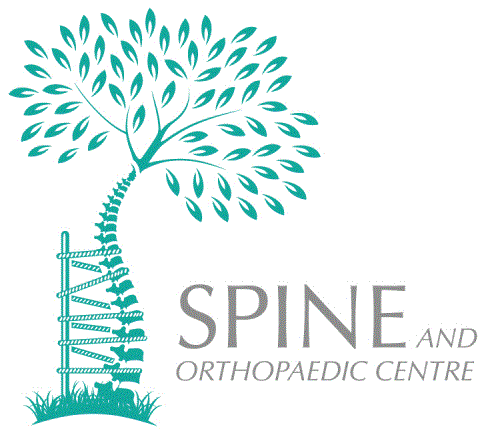
What is Regenerative Medicine?
Regenerative medicine is an innovative field of medical science focused on repairing, replacing, or regenerating damaged tissues and organs. It utilises techniques such as stem cell therapy, platelet-rich plasma (PRP), and tissue engineering to promote natural healing and restore function. Find out more. This approach offers promising alternatives to traditional treatments, particularly for conditions that have limited recovery options.
Who Would Benefit from Regenerative Medicine?
Regenerative medicine can help individuals with a variety of conditions, including:
- Joint and Musculoskeletal Injuries: Ligament tears, tendon injuries, osteoarthritis, and cartilage degeneration.
- Chronic Pain Conditions: Back pain, knee pain, and other degenerative conditions where conventional treatments are ineffective.
- Neurological Disorders: Research is exploring its potential for conditions such as Parkinson’s disease and spinal cord injuries.
- Autoimmune Diseases: Some regenerative therapies may help modulate the immune system and aid in conditions like rheumatoid arthritis.
How is Regenerative Medicine Performed?
Regenerative medicine encompasses various techniques, including:
- Stem Cell Therapy: Stem cells, which have the ability to develop into different cell types, are injected into the affected area to promote tissue repair and regeneration.
- Platelet-Rich Plasma (PRP) Therapy: A patient’s own blood is processed to concentrate platelets, which are then injected to accelerate healing in injured tissues.
- Tissue Engineering: Uses scaffolds, cells, and biologically active molecules to restore damaged tissues.
- Gene Therapy: Modifies or introduces genes into cells to treat or prevent diseases.
These procedures are typically performed in a clinic setting and may require imaging guidance to ensure precision.
What to Expect After Treatment?
Recovery and results vary based on the specific therapy and condition being treated:
- Minimal Downtime: Most procedures are minimally invasive, allowing patients to resume daily activities quickly.
- Gradual Healing: Unlike traditional treatments, regenerative medicine focuses on long-term tissue repair, which may take weeks to months for full benefits.
- Potential for Reduced Pain and Improved Function: Many patients experience significant pain relief and improved mobility over time.
- Follow-up Care: Some treatments may require multiple sessions or combination therapies for optimal results.
Regenerative medicine offers a cutting-edge approach to healing and recovery, providing hope for individuals with chronic conditions or injuries that have been unresponsive to conventional treatments. If you are considering regenerative therapy, consult with a specialist to determine the most suitable option for your condition.

